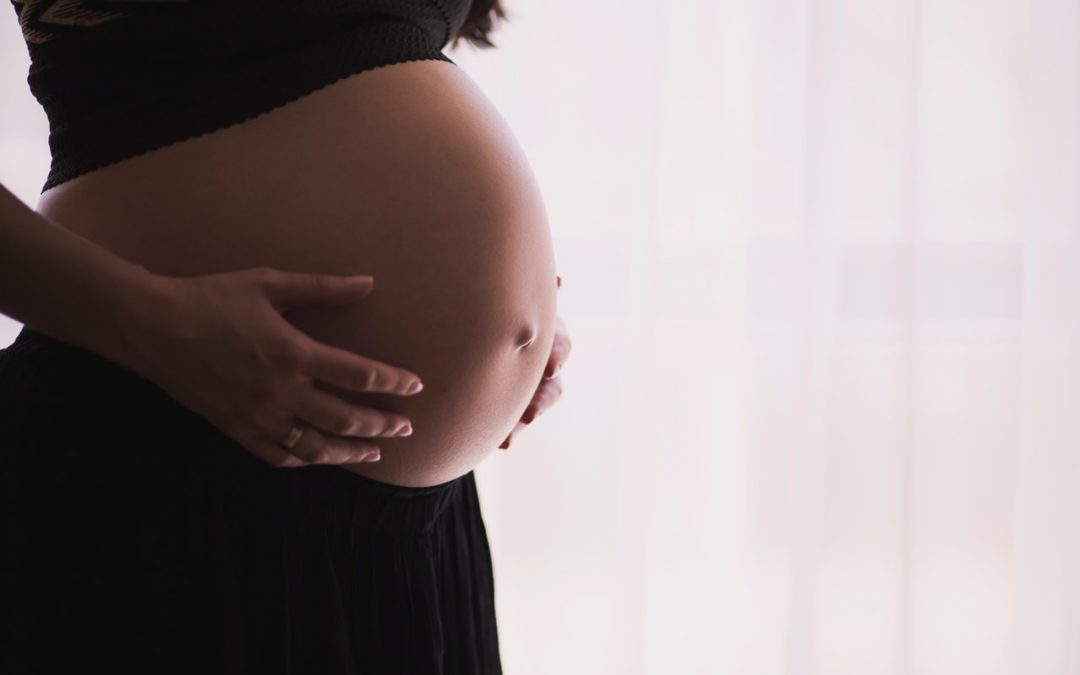As medical marijuana becomes legalized in a growing number of states across America, many are wondering about the short and long term effects of cannabis use on their health. For those who use cannabis and are pregnant or thinking of becoming pregnant, these questions are two-fold. So, is it safe to use cannabis while pregnant or breastfeeding? As our Massachusetts medical marijuana doctor will explain below, those who are pregnant, thinking of becoming pregnant, or currently nursing should ultimately avoid using cannabis.
Will Cannabis Use During Pregnancy Lead to Miscarriage?
Currently, there is not enough research on women who use cannabis during pregancy to accurately evaluate a possible assocation between cannabis use and an increased chance of miscarriage or stilbirth. However, one 2015 study measuring neonatal outcomes actually found that stillbirth was less likely in cannabis users than in those who did not consume cannabis during their pregnancy. Other studies have also found that there is no association between cannabis use and fetal distress (Source).
This is not to say that cannabis use is safe during pregnancy: some studies have found that children of women who use marijuana while pregnant were more likely to be born with a low birth weight (Source). Low birth weight has been found to be a marker for slow or poor infant development. Children of women who used cannabis during pregnancy were also more likely to be placed into the neonatal intensive care unit after birth (Source).
Since most of the studies that have been conducted on women who used cannabis during pregnancy did not continue to evaluate the development of their children for more than six weeks after they were born, it is unclear whether or not cannabis use during pregnancy may affect later childhood development, as well. There have been some studies that have looked at school performance of children during middle and high school who were exposed to cannabis smoke in utero. These do show decreased performance compared to unexposed peer, but do not adequately account for environmental factors that may be relevant like family support, parents’ educational level, nutritional effects, lack of enrichment exposure, subsequent childhood trauma or deprivation, and many other things that could be at play.
It should also be noted that women who use cannabis during pregnancy have been shown to be more likely to develop anemia (Source).
Can I Use Medical Marijuana While Breastfeeding?
Unfortunately, little research has been conducted on the effects of cannabis and perinatal development, and the findings of these studies have often been contradictory. One study conducted in 1990 found that infants who were exposed to cannabis via their mother’s milk were more likely to show slowed motor development at one year of age than infants who were not exposed to cannabis. Although the findings of this study might point towards an association between cannabis use and delayed infant development, the study also found that many of the women who reported using marijuana while breastfeeding also used other illicit drugs as well. Therefore, it is difficult to establish a potential link between cannabis and developmental delays in children.
Interestingly, other research has shown that breastfed infants with mothers who occasionally used cannabis while nursing did not show any signs of impaired developmental or intellectual growth (Source). That being said, this particular study was not large enough to fully evaluate the effects of cannabis use while breastfeeding. Furthermore, both of the studies above did not fully evaluate the effects of cannabis on breastfed infants for longer than one year after birth. Until more research is able to confidently disprove any causality between marijuana use and problematic perinatal development, it is not advised to consume cannabis while breastfeeding.
Can I Use CBD While Breastfeeding?
Women who are considering using CBD, also called cannabidiol, to treat symptoms of morning sickness, back pain, or inflammation during pregnancy are advised to look towards alternatives with their doctor. Current claims about the value of CBD are often simply lifted from those of cannabis. Clearly this is not reasonable, and there is little evidence to support CBD’s use for any of the above symptoms, pregnant or not.
Although CBD is non-psychoactive and may seem like an innocuous choice during pregnancy, there has not been any research conducted on the safety of CBD use in women who are pregnant or nursing. For what they’re worth, rat studies on CBD have shown an increased risk of improper fetal development. Moreover, CBD is metabolized by the same enzymes in the liver that break down many common prescription drugs, and therefore may interact with other medications a patient is using. Those who are experiencing pain, discomfort, or nausea during their pregnancy should consult with a medical professional on how to best remedy their symptoms while not putting their health, or that of their baby’s, at risk.
Consult a Trained Massachusetts Medical Marijuana Doctor Today
Jordan Tishler, M.D., is a trained medical expert and Boston medical cannabis specialist. He is also President of the Association of Cannabis Specialists, and CEO of InhaleMD – a private institute of cannabis medicine, and has years of experience assisting patients with medical cannabis. For more information, or to set up a consultation with the team at InhaleMD, call (617) 477-8886.

